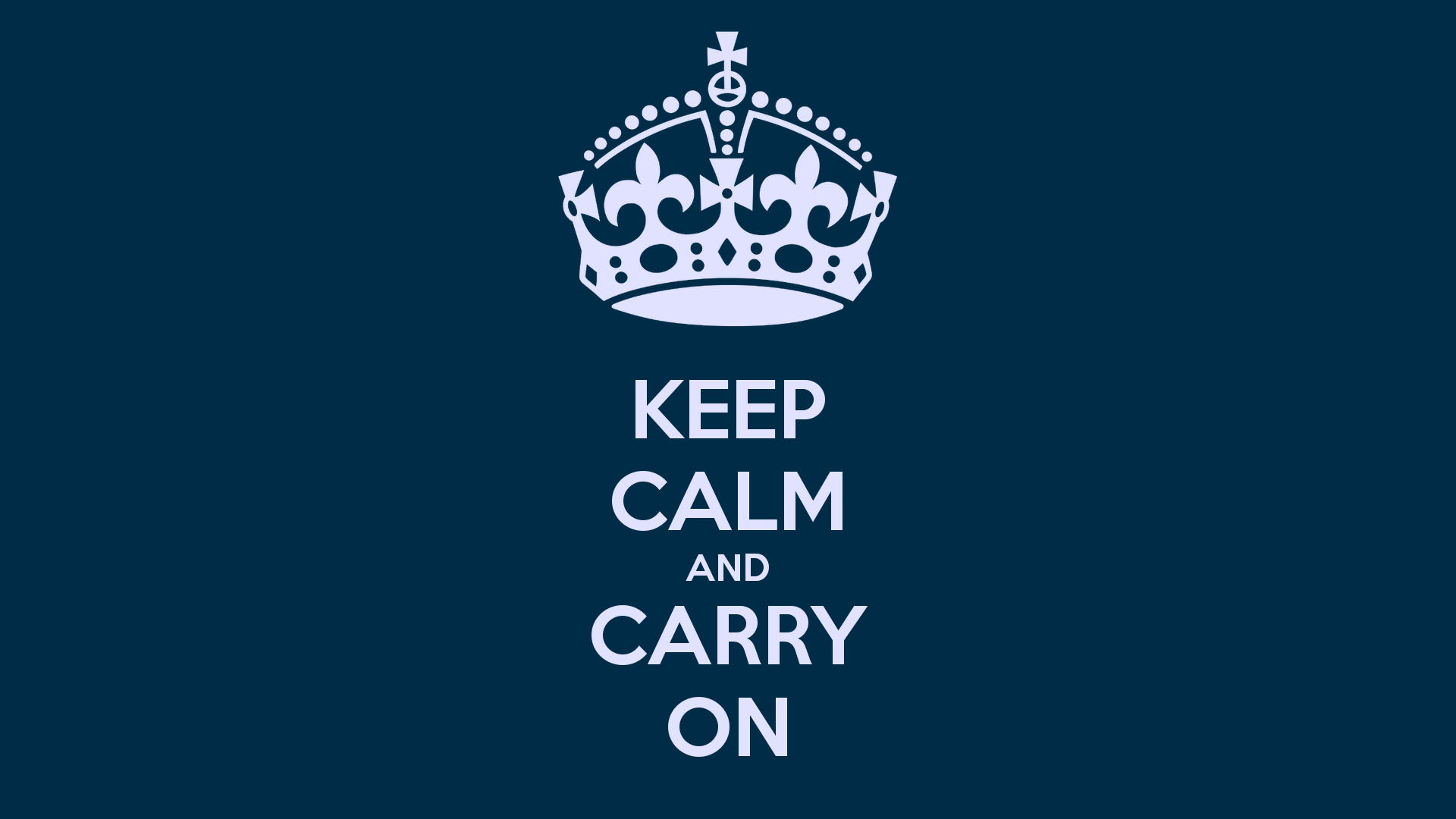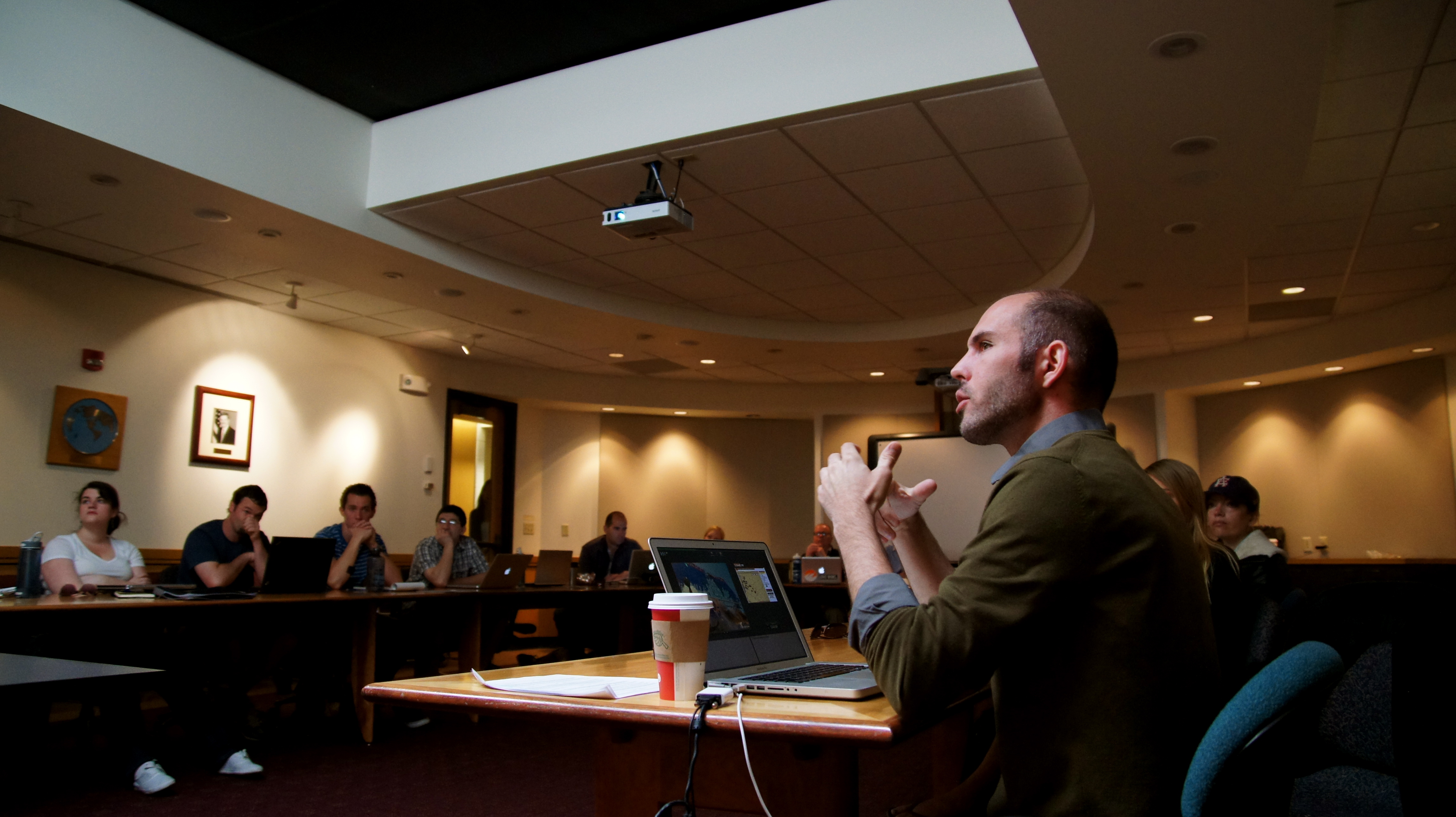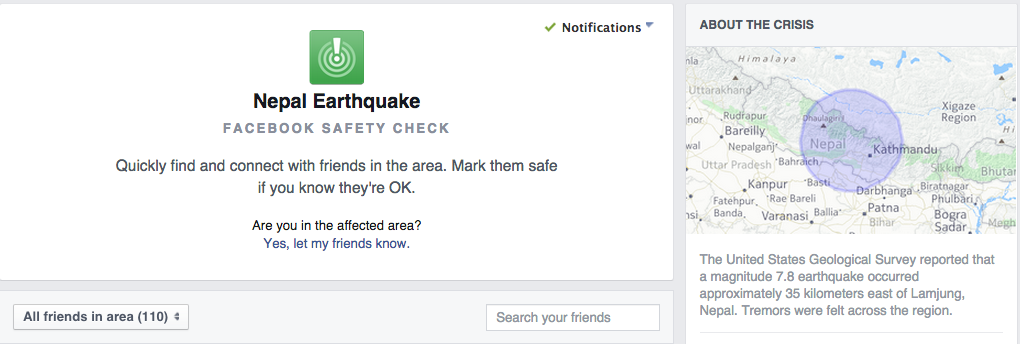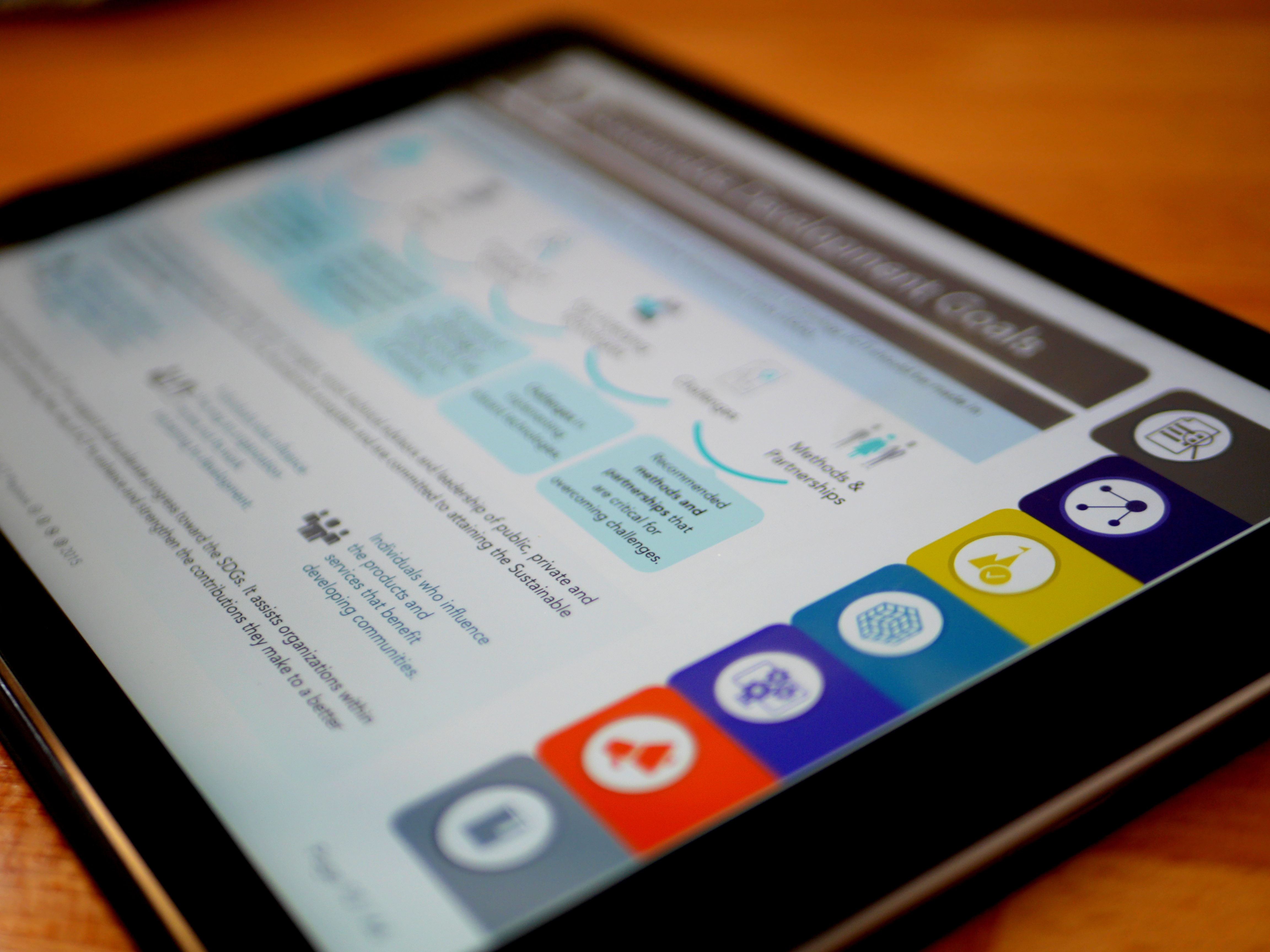“By Failing To Prepare, You Are Preparing To Fail.” – Benjamin Franklin.
In the last several weeks, I’ve been learning a lot about emergency response from TC103 facilitator, Timo Luege, who will launch the latest round of the Tech Tools & Skills for Emergency Management online course starting today.
Since I met Timo, I’ve been struck by his calm demeanor and composure, which is a key and necessary trait to sustain a career in emergency management and humanitarian aid in the face of crisis situations. After he shared some good practices for disaster emergency response, I asked him:
“How does one remain so calm when working in a career in disaster response?”
His answer?
Training.
According to Timo, “Training, preparation and having protocols and processes in place for different scenarios are the best guarantee for remaining calm during a crisis. This is especially true for security. There are too many organisations that don’t prepare or support their staff properly and expose them to situations they don’t know how to handle.”
That said, is there enough training in place for emergency managers to have more success in disaster response and resilience for future unforeseen disasters? What have been some of the best emergency management trainings and preparation guides?
What role can technology play in helping to manage disaster response? Looking to learn disaster response tips from professionals who have worked in disaster areas? Sign up now for this 4-week online course on Tech Tools and Skills for Emergency Management, which begins on November 24!




